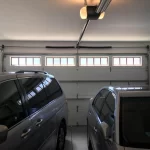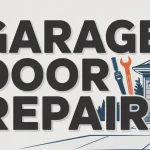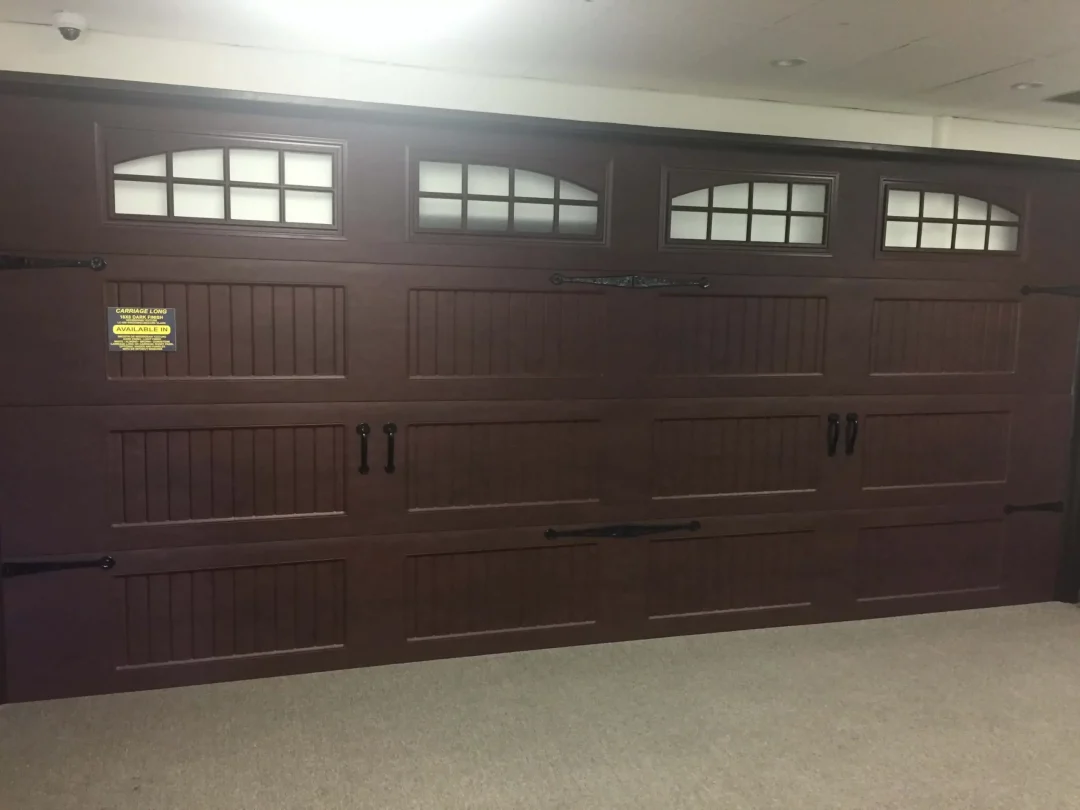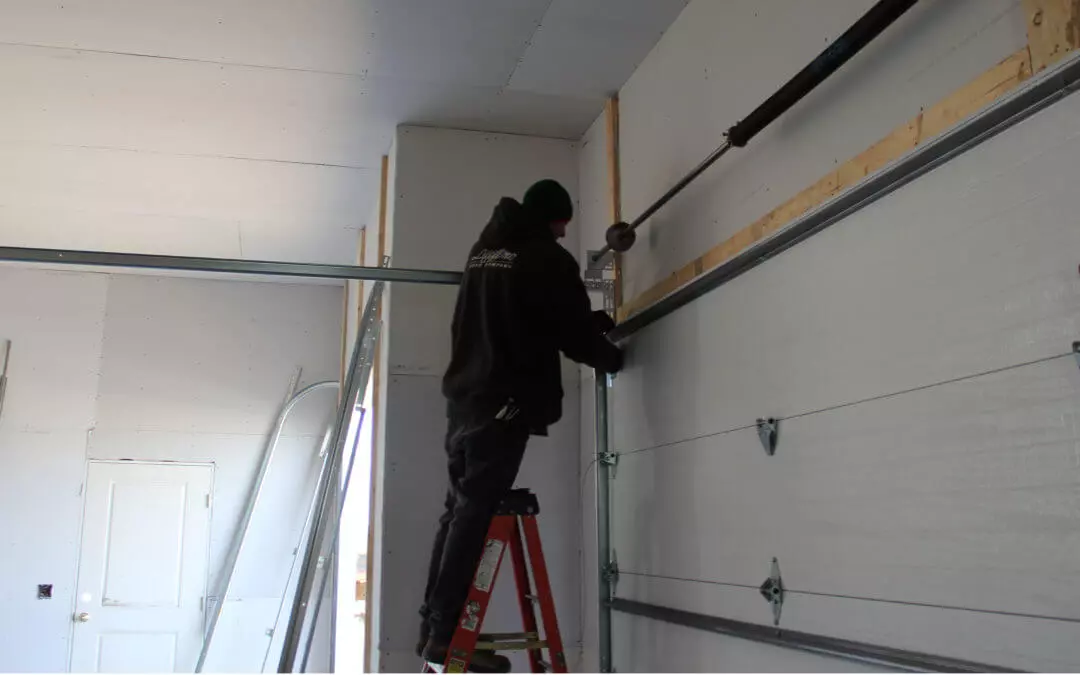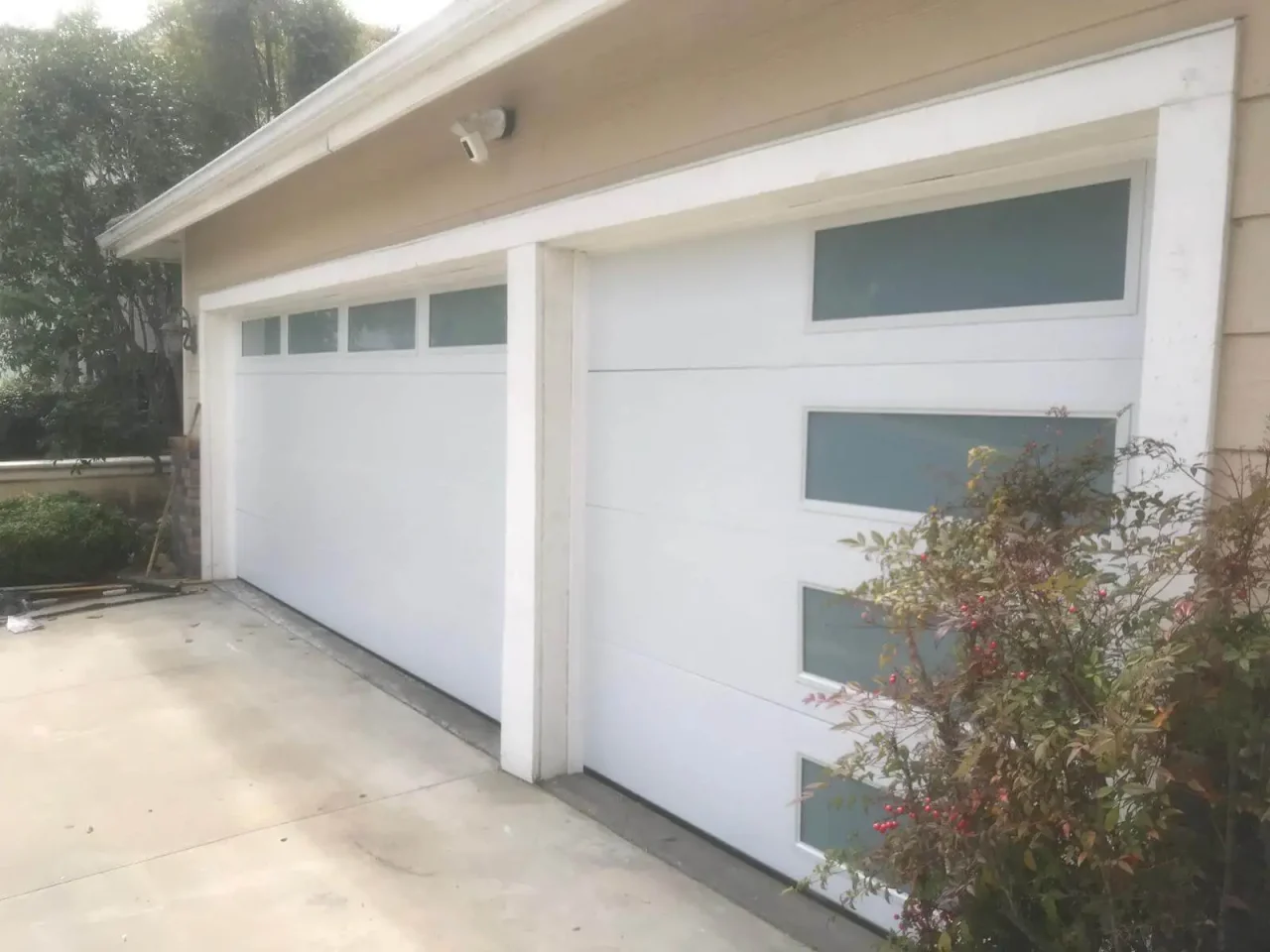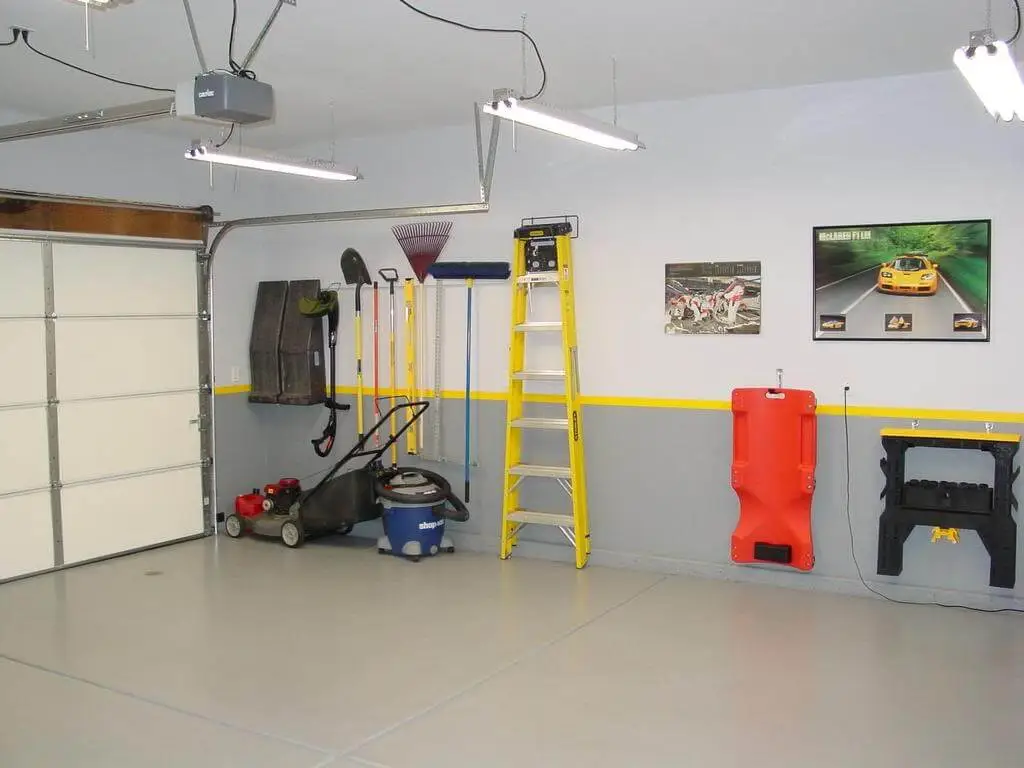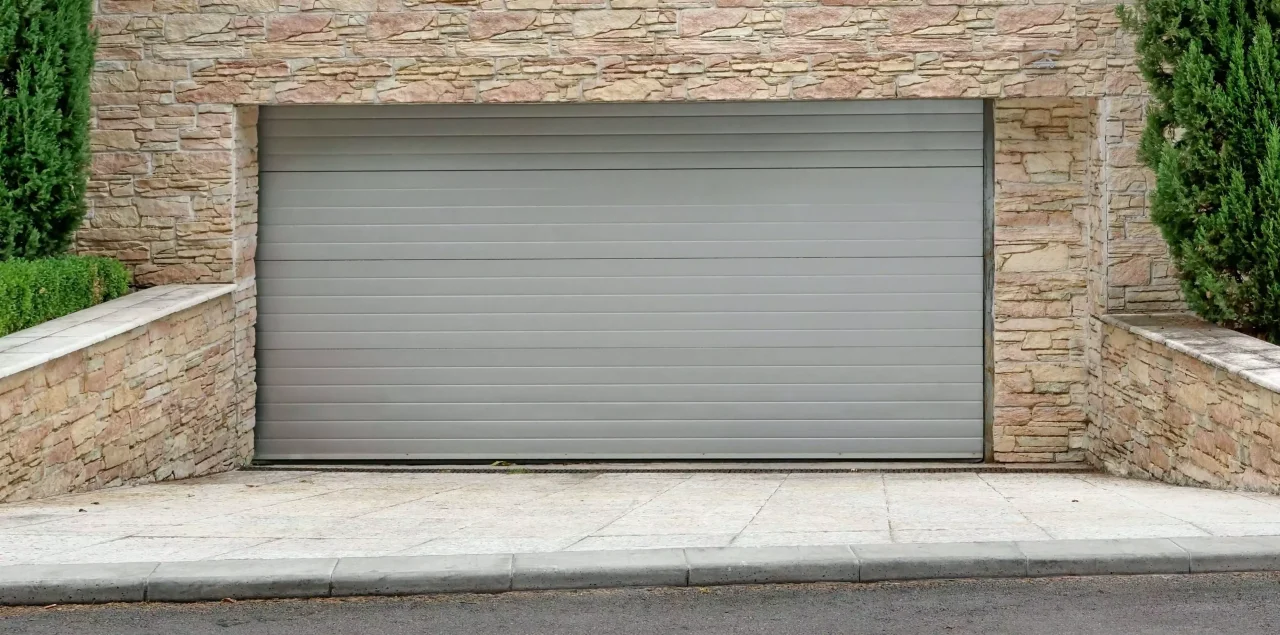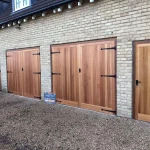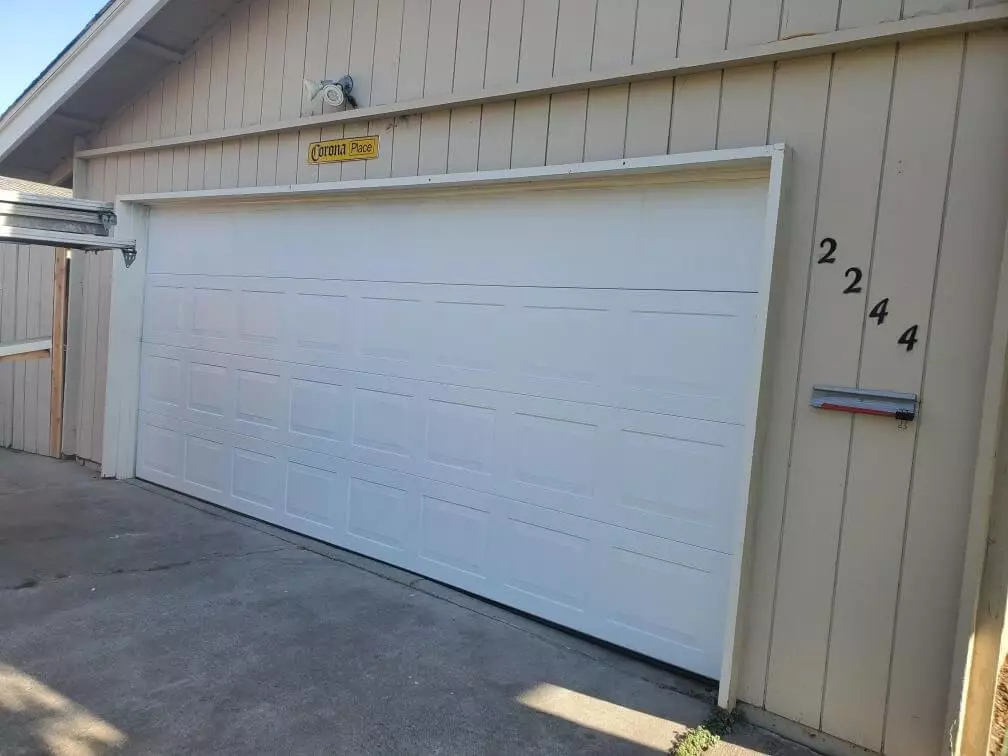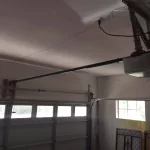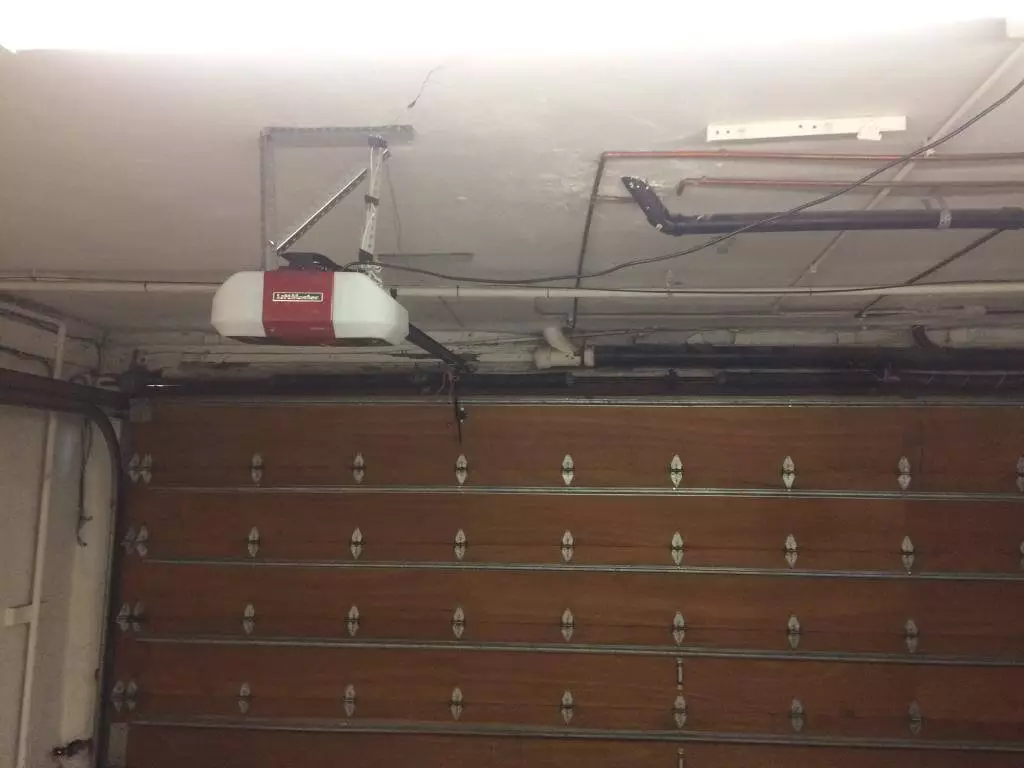Let’s face it, a malfunctioning garage door is a pain. It disrupts your daily routine, throws a wrench in your security plans, and can leave you feeling frustrated. But before you call in the professionals (which we totally understand if the problem seems complex!), there are a few things you can troubleshoot yourself.
Here’s a breakdown of some common reasons why your garage door might not be closing all the way, along with some DIY solutions to get it back on track.
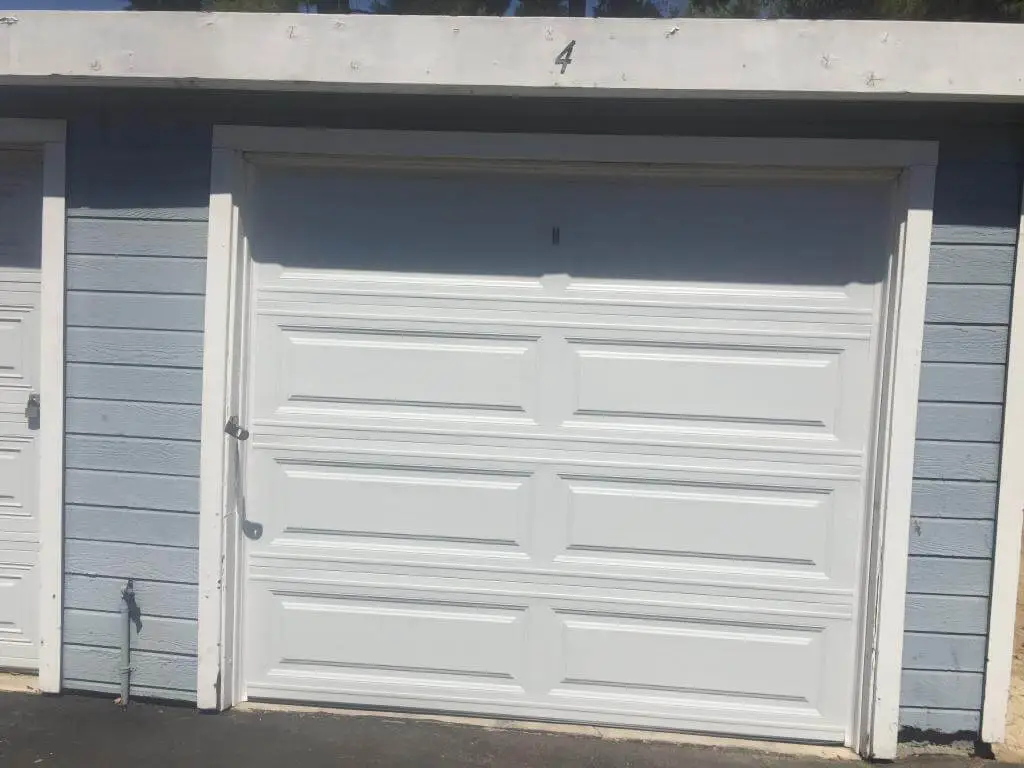
Content
1. Simple Obstructions:
This might seem obvious, but it’s always worth checking! Make sure there aren’t any toys, bikes, or other objects blocking the path of the door as it closes. Additionally, ensure the door’s bottom seal isn’t damaged or caught on anything.
2. Dead Batteries in Your Remote:
A classic culprit! A simple battery replacement in your remote could solve the problem. Consult your remote’s manual for the correct battery type and replacement instructions.
3. Misaligned Safety Sensors:
These sensors are located on either side of the garage door opening and use infrared beams to detect objects in the path. If they’re misaligned or dirty, the door won’t close completely to prevent crushing anything underneath. Gently wipe the sensors with a clean cloth and realign them if necessary.
4. Incorrect Travel Limits:
Many garage door openers have adjustable travel limits that determine how far the door opens and closes. If these limits are off, the door might stop short of closing completely. Luckily, most openers have instructions for adjusting the travel limits in the user manual.
5. Worn or Broken Rollers:
These rollers help the door glide smoothly along the track. Over time, they can wear out, crack, or even break entirely. If you notice any damage to the rollers, it’s best to replace them to ensure proper door movement.
6. Damaged Tracks:
The tracks guide the rollers as the door opens and closes. Dents, bends, or misalignments in the tracks can prevent the door from closing properly. You can try to straighten minor dents yourself, but for more serious track damage, consider seeking professional help.
7. Broken Springs:
Garage door springs counterbalance the weight of the door, making it easier to open and close. However, they can wear out over time and even break entirely. A broken spring is a serious safety hazard and should be replaced by a qualified technician. Do not attempt to fix a broken spring yourself.
When to Call a Professional (Garage Door Repair in Yorktown):
If you’ve tried these troubleshooting steps and your garage door still isn’t closing all the way, it’s time to call in the experts. Issues like broken springs, damaged cables, or faulty electrical components in the opener are best left to trained professionals.
For reliable garage door repair services in Yorktown, consider reaching out to a reputable company like Garage Door Repair in Yorktown. They have experienced technicians who can diagnose and fix any garage door issue quickly and efficiently.
Remember, a properly functioning garage door is essential for your home’s security and convenience. By taking proactive steps to identify and address problems early on, you can avoid major headaches down the road.

Thomas is a home improvement blogger who strives to improve his life and the lives of others. He provides homeowners with helpful tips on how to renovate their homes. His goal is not only to provide easy-to-follow instructions, but also share his own personal experiences for those seeking guidance.


